A PLUME BOOK
A (BRIEF) HISTORY OF VICE
Matthew Black
From a young age ROBERT EVANS realized he was more into sex, drugs, and rock n roll than things like wearing a tie or commuting to an office. He always assumed these desires would lead him to a lucrative career as a panhandler or a drug mule. But it turned out there was another option: writing. As an editor for Cracked since 2013, Robert Evans has interviewed sources ranging from Nevada brothel workers to partisan militia on the front lines of the Ukrainian Civil War. He currently lives in a fortified compound in the Pacific Northwest and, occasionally, his car.
PLUME
An imprint of Penguin Random House LLC
375 Hudson Street
New York, New York 10014

Copyright 2016 by Robert Evans
Penguin supports copyright. Copyright fuels creativity, encourages diverse voices, promotes free speech, and creates a vibrant culture. Thank you for buying an authorized edition of this book and for complying with copyright laws by not reproducing, scanning, or distributing any part of it in any form without permission. You are supporting writers and allowing Penguin to continue to publish books for every reader.
 REGISTERED TRADEMA RKMARCA REGISTRADA
REGISTERED TRADEMA RKMARCA REGISTRADA
eBook ISBN 9780698407039
LIBRARY OF CONGRESS CATALOGING-IN -PUBLICATION DATA
Names: Evans, Robert, 1988- author.
Title: A (brief) history of vice : how bad behavior built civilization / Robert Evans.
Description: New York : Plume, [2016]
Identifiers: LCCN 2015048289 | ISBN 9780147517609 (hardcover)
Subjects: LCSH: ViceHistory. | Civilization, Modern.
Classification: LCC BJ1534 .E93 2016 | DDC 179/.809dc23
LC record available at http://lccn.loc.gov/2015048289
Penguin is committed to publishing works of quality and integrity. In that spirit, we are proud to offer this book to our readers; however, the story, the experiences, and the words are the authors alone. Some names and identifying characteristics have been changed to protect the privacy of the individuals involved.
Version_1
Contents
Introduction
W hen I was in fifth grade, a DARE officer came to our classroom to lecture us on the dangers of narcotics. He visited once a week for a couple of months, bringing along posters with pictures of drugs on them and walking us through scary facts and facts about various narcotics. Im sure I learned a lot of nonsense about MDMA drilling holes in brains and psychotic pot-fueled murders, but I dont remember finding that class ridiculous. My city, Plano, Texas, was the heroin capital of America at the time. Ten young Planoian kids died of overdoses in that year alone.
Many of my teachers knew at least one of the kids who died in what Rolling Stone writer Mike Gray called the Texas Heroin Massacre. It scared the shit out of every parent in the city. And as a result, our drug education program tripled down on the fear mongering. Any possible drug we might do, including alcohol or tobacco, was seen as a possible gateway to shooting a needleful of death up our arms. At the end of that DARE course my classmates and I each signed a contract promising that wed never ever do any drugs.
DAREs nothing beats sobriety attitude didnt stick with me. I dont think it stuck with most kids who took the course. A 2009 analysis of twenty studies of the DARE programs efficacy concluded that teens who participated in the program were no less likely to experiment with drugs than teens who didnt.
I didnt wait long to start experimenting. I had my first drink at seventeen, my first hit of weed at nineteen, and my first hallucinogenic experience about two months after that, when a friend and I took heavy doses of a research chemical (a drug too young to be illegal yet) called 2Ci. My friend had bought it from some shady Canadian company using a precursor to Bitcoin. And while I was falling in love with the vast narcotic bounty of the twenty-first century, the US government was slowly pulling back from its war on marijuana and begrudgingly starting to approve some of the first research into the medicinal use of psychedelics in a generation.
This was all part of a broader trend: The public is starting to gain a new appreciation for all the things we once called vice. In 2003, the therapeutic value of sex work was confirmed when sexual surrogacy (literally, people having sex with patients to help them with some sexual dysfunction) was ruled legal across the country. Full frontal nudity and outright depictions of sexual acts have gone from the domain of porn and a few art movies to playing major roles in some of the most popular shows on television. Our national attitude toward drugs is slowly slipping from Just Say No to Maybe Say Yes Sometimes.
Vice is experiencing a resurgence in public sympathy. In the last few years, youve probably read articles like the one The New York Times published in 2013 titled How Beer Gave Us Civilization, which advanced the idea that early humans started settling down on farms so they could produce more sweet booze. But, as I learned from talking to the scientist behind the study cited in that article, the real theory is much more interesting. Beer didnt give birth to civilization alone. The desire to hold bigger and better feasts featuring, yes, beer, but also piles of food and music, is what led to the birth of human civilization.
We literally started building towns and, eventually, cities so that we could throw cooler parties.
See, Im a nerd. So when I realize I like something (in this case general debauchery), my natural impulse is to start reading as much about it as I can. Thats how I learned that one of the first great victories for womens rights in history was thanks to a prostitute who became an empress. Its also how I learned that modern genetic science was made possible by two different scientists acid trips.
And as I learned more about the wonderful ways vice has changed human history, I read about the long-extinct ways people used to enjoy their vices. Frankly, I was inspired. I experimented with ancient Native American nose pipes. I ate balls of coffee and butter in the style of the ancient Ethiopians. I went without eating for four days and drank wine mixed with barley and cheese to see if it would make me trip like a Greek philosopher. I hunted after a mythical hallucinogenic drink made by drowning poisonous salamanders in booze.
The book that follows is everything Ive ever learned about the things we pretend not to like in polite company. Its a celebration of the brave, drunken pioneers who built our globe-spanning civilization. Reading this book will arm you with more than just information; it will provide you with step-by-step guides for re-creating the intoxicating experiences of our ancestors. I hope what Ive written here will help you appreciate the importance of vice in our shared human history and understand that, if were able to get higher than any people before us, its only because were standing on the shoulders of giants.

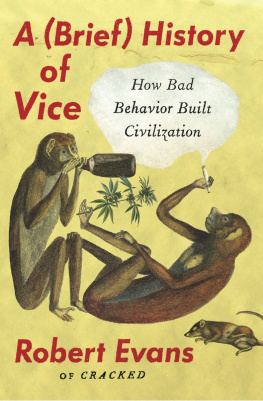
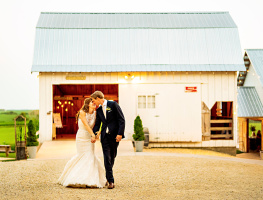
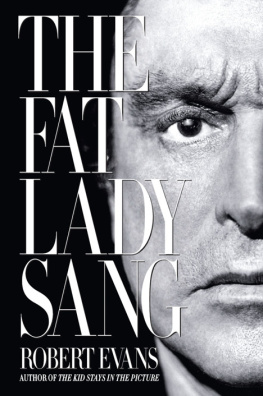
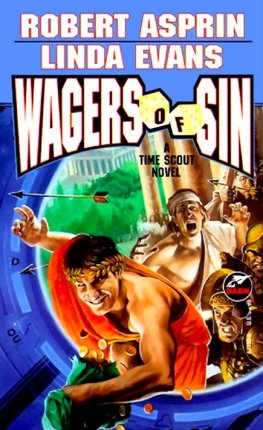
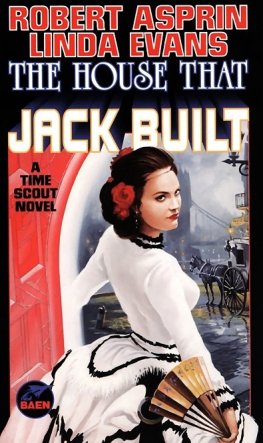
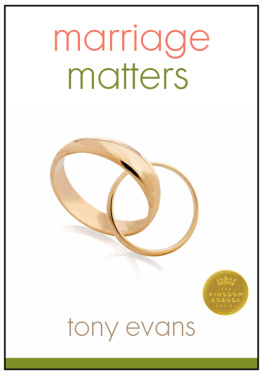






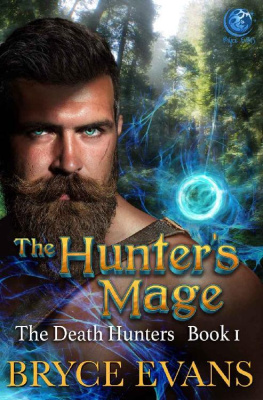
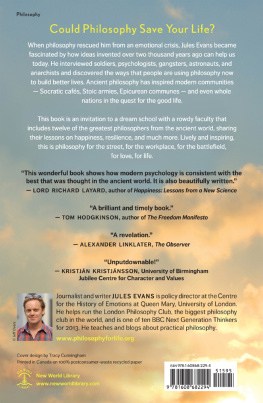

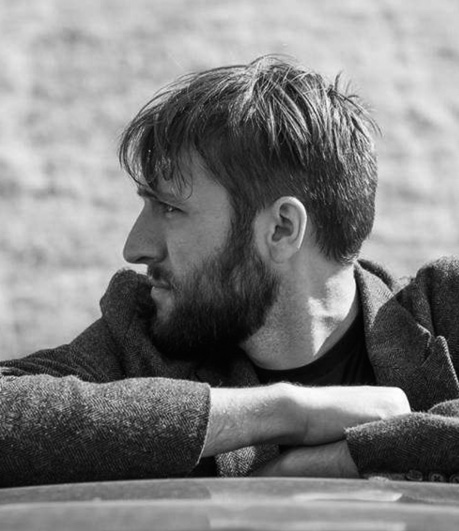


 REGISTERED TRADEMA RKMARCA REGISTRADA
REGISTERED TRADEMA RKMARCA REGISTRADA